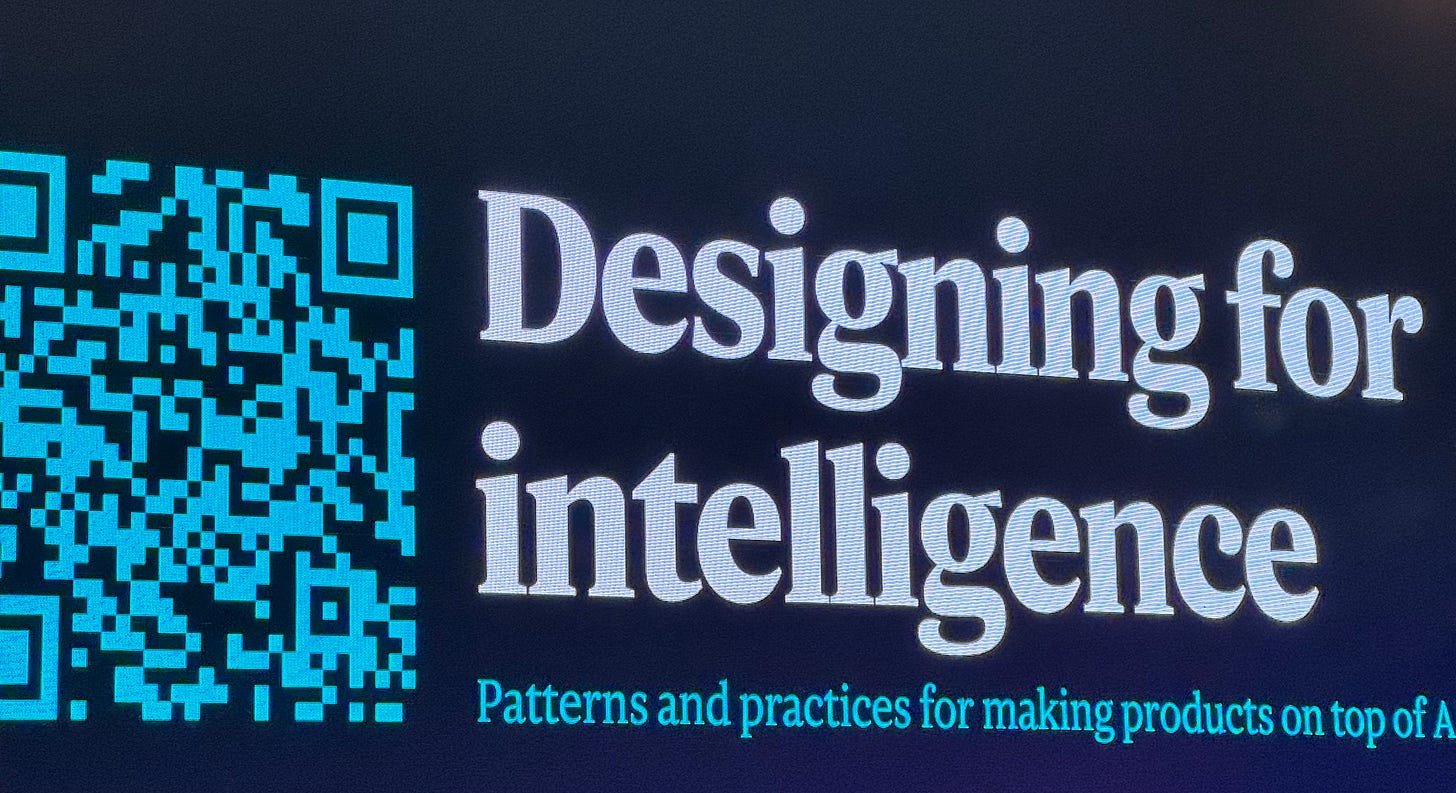Top 4 Big AI Trends for 2024
My observations from the recent AI User Conference in SF on the key trends that will drive AI adoption in 2024 across foundational layer, infrastructure and application segments.
The AI user conference 2024 in San Francisco has shed light on the emerging trends in AI for 2024 across Multimodal LLMs, Agentic AI, Open Source AI and Small Language Models(SLM) categories.
It was also interesting to hear about vision and the speakers’ perspective from Meta, Google, IBM, Huggingface, LlamaIndex, Codium as well. Multiple startups have shared some interesting insights into how they are building, adopting and driving the change for AI usage in 2024 and beyond.
Emergence of Multimodal AI Models: At a high level, Multimodal LLMs can process and understand multiple types of data, such as text, images, and audio, enabling more comprehensive and nuanced AI applications. Multimodal AI will deliver better contextual understanding and versatility for application developers. We have seen this with GPT-4 and the recent emergence of Google’s Gemini family. We will see more Multimodal AI over Unimodal AI from the foundational LLM vendors in 2024.
Open Source AI vs SOTA Commercial LLMs: Meta is putting lot of effort into improving and delivering Llama models to compete with the SOTA commercial models from providers like OpenAI GPT-4 and Google Gemini. It’s not just Meta; even new entrants like Mistral are enabling a open source landscape for AI and it’s expected to broaden further in 2024. Open Source AI can enable even startups to steer sophisticated AI models and leverage tools that were previously out of reach. Open Source AI, unlike OpenAI or Google Gemini, will also allow businesses to potentially steer the models behaviour, control costs and handle security for domains specific business use cases.
Agentic AI Adoption: Hopefully, 2024 will mark a shift from reactive to proactive AI, allowing AI systems to take autonomous actions to achieve specific goals. We could finally see some real world applications leveraging agents — one of the good use cases for Agentic AI is Codium (and a few other startups) steering Open Source AI for advanced code generation use cases. It’s not just prompt driven; it also leverages the spec and testing for iterative code generation.
Small Language Models(SLM): Small language models are gaining prominence in the AI landscape due to their efficiency, low latency and on-device processing. We saw updated Phi-2 and Orca-2 models from Microsoft along with Nano-1 and Nano-2 from Google which showed impressive benchmark results. We will see wider adoption of SLMs for vertical use cases and on-device application functionality.
These trends reflect a deepening model sophistication and a shift towards more proactive and specialized AI applications. Interestingly, both big tech and AI startups have emphasized the importance of open access to AI tools and the need for ongoing adaptation to deliver practical AI applications in 2024.







